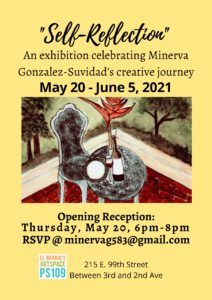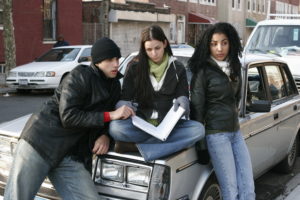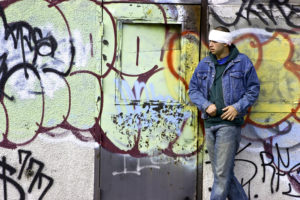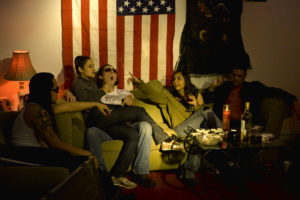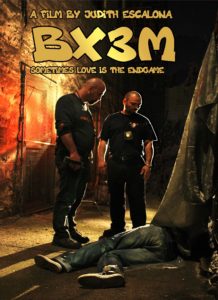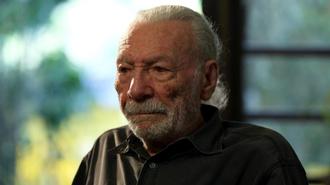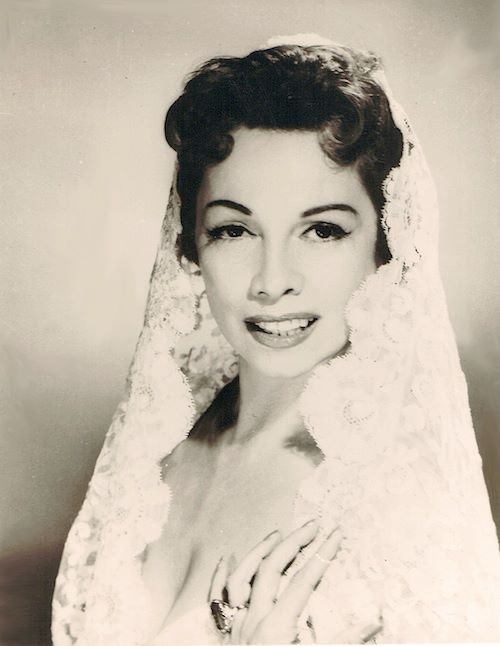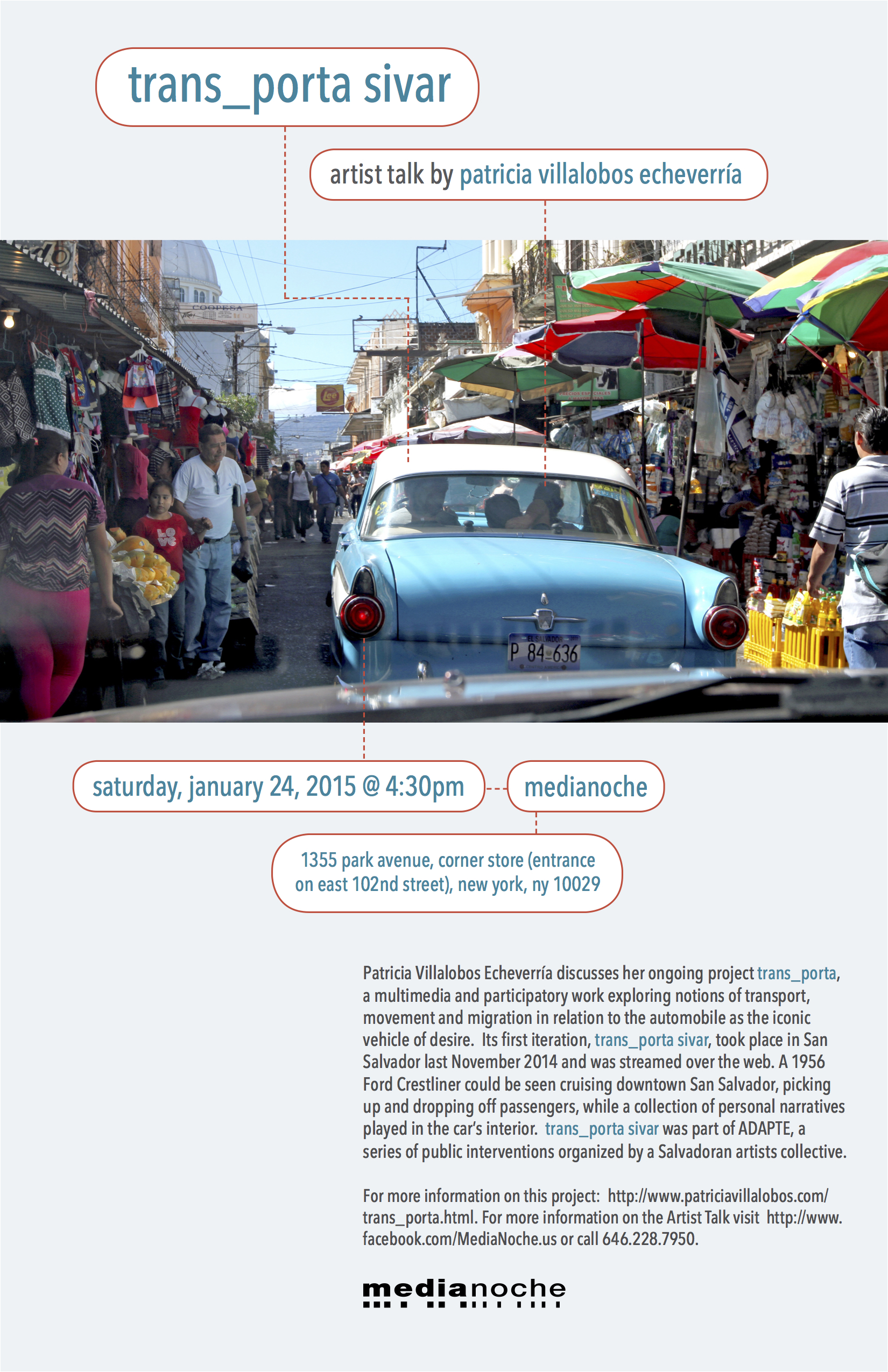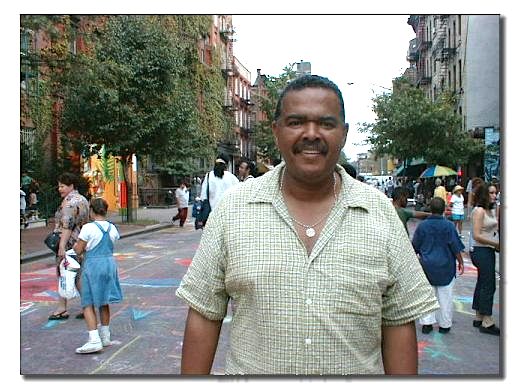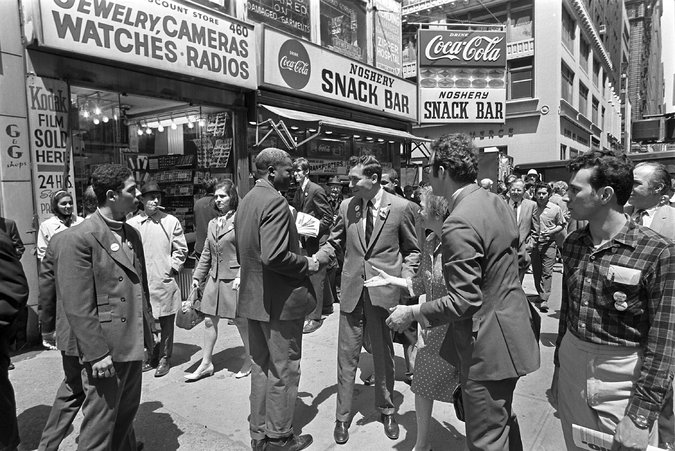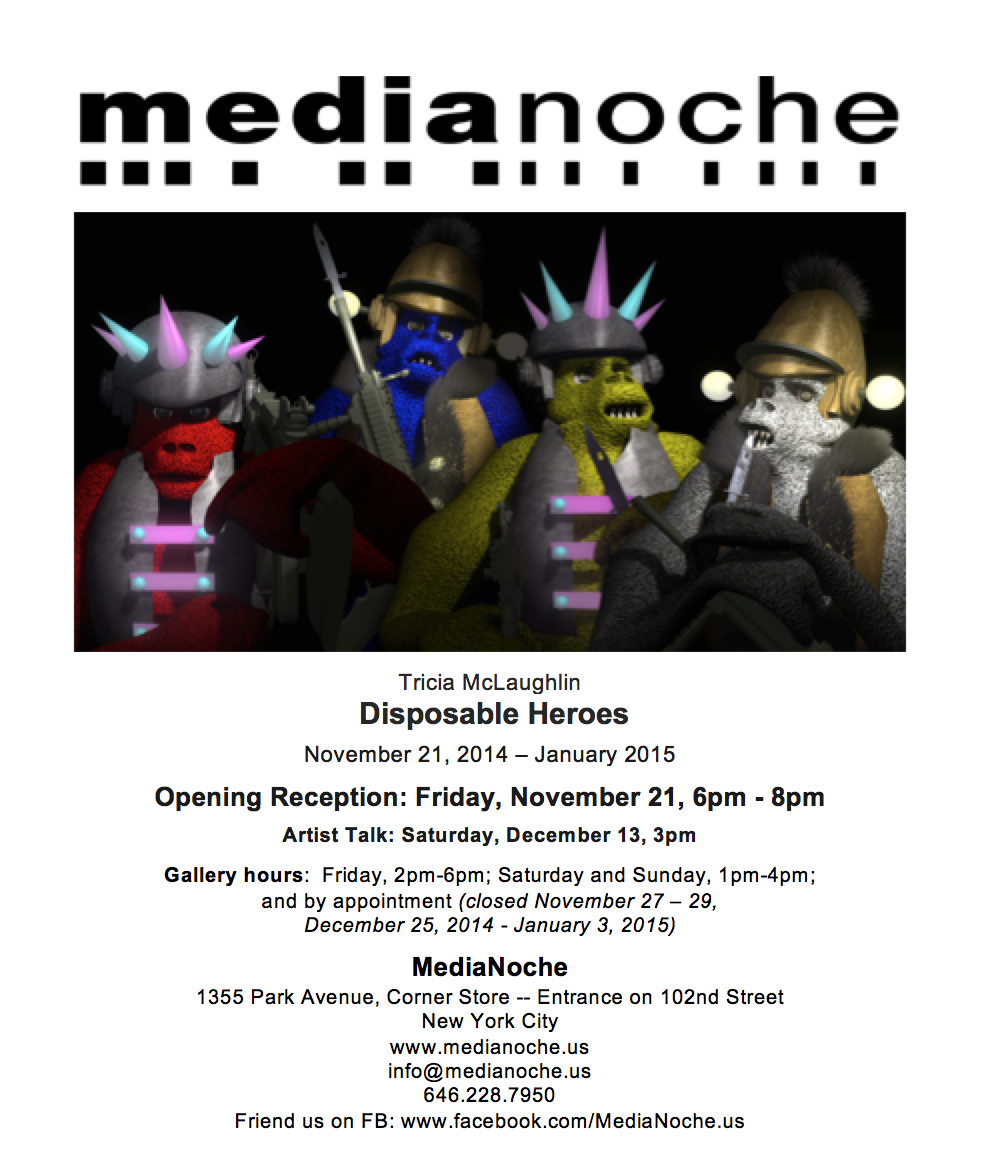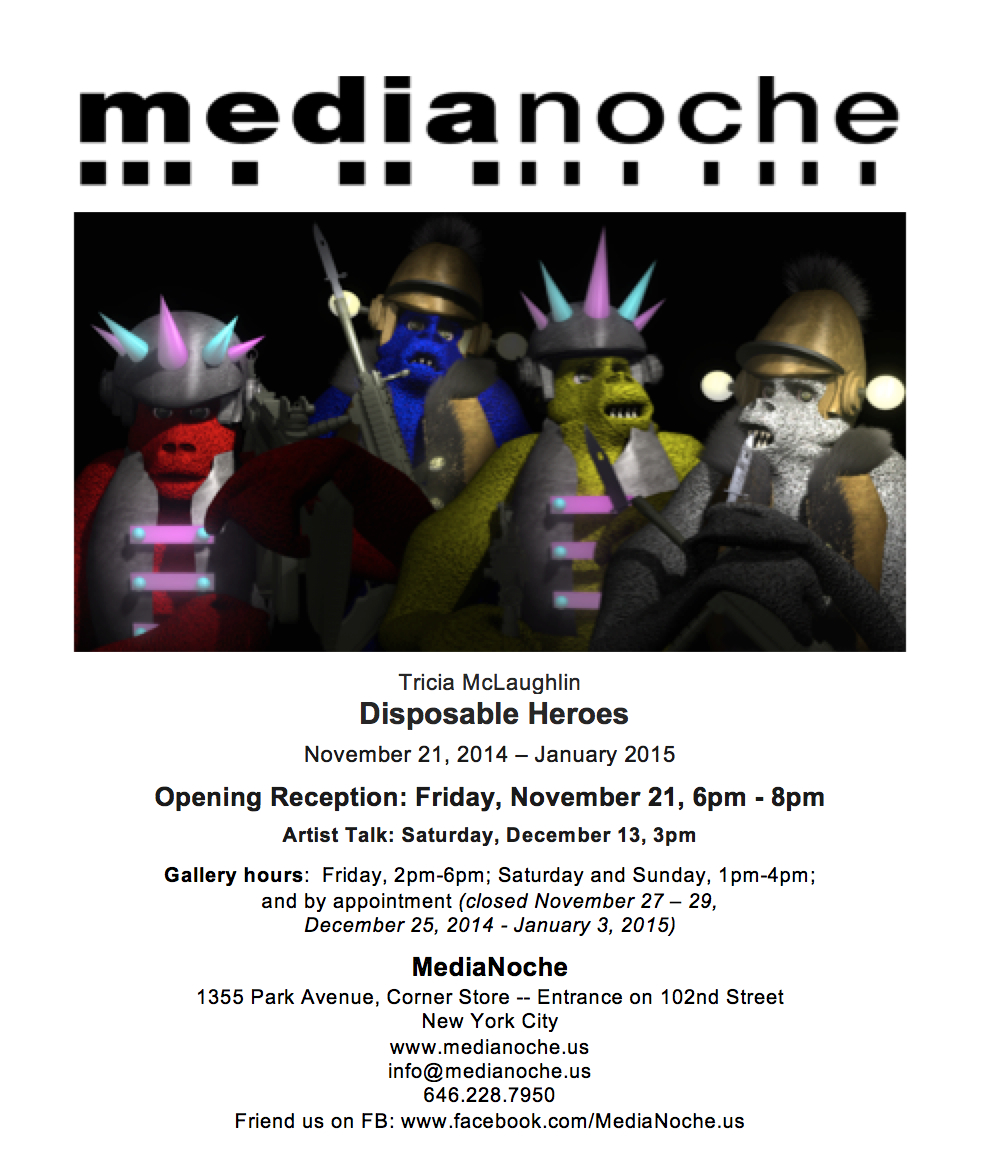Minerva Gonzalez-Suvidad takes the time to think about her artwork in a variety of media and invites you to join her in this introspective solo show.
Category Archives: Corrientes
BX3M, a film by Judith Escalona at the Havana Film Festival New York
BX3M, a film written anddirected by Judith Escalona, is in competition for the Havana Star Prize at the Havana Film Festival NY!
For Maria and Mona, graduation means fulfilling a dream. For Michael, it means dashing all hope of a better future. You either make the grade or you don’t— in academics or love— and that makes all the difference.
The film will screen Thursday, April 12 at 8:30PM––AMC Loews, West 34th Street, between 8th and 9th Avenues. See you there!
CLICK HERE TO BUY TICKETS: https://www.eventbrite.com/e/bx3m-tickets-44151114171
PRdream mourns the passing of Gilberto Gerena Valentin 1918 – 2016
PRdream mourns the passing of Gilberto Gerena Valentin, Puerto Rican political activist and labor organizer.
Gilberto Gerena Valentín is a key figure in the development of the Puerto Rican community in the United States, especially from the forties through the seventies. He was a union organizer, community leader, political activist and general in the war for the civil rights recognition of his community. In his memoirs, Gilberto Gerena Valentín takes us into the center of the fierce labor, political, civil rights, social and cultural struggles waged by Puerto Ricans in New York from the 1940s through the 1970s.
FROM CENTRO VOICES
Centro’s publication Soy Gilberto Gerena Valentín: memorias de un puertorriqueño en Nueva York was presented last Thursday, May 23, at El Centro de Estudios Avanzados de Puerto Rico y el Caribe.
An energetic, enthusiastic and overtly cheerful Gerena (age 94) shared his memories at the presentation. He stressed “Un pueblo que se moviliza cambia. Y yo voy a seguir dando la pelea hasta que me muera.” (Tweeted by GracielaRodzMar). Translated as, “a nation that moves, changes, and I’m going to keep giving the fight until I die.”
Dennis Rivera, member of the advisory board of the Center for Puerto Rican Studies, who was also at the event, addressed Gerena’s involvement in community issues. Rivera told how he had met Gerena when Rivera moved to New York in the 1980s, at a time when the Bronx Lebanon Hospital was about to be shut. Gerena encouraged protesters to join a massive march, which they did. Rivera shared this experience to emphasize that “with Gerena any problem was a collective one. That’s how good he was as a leader.”
Xavier Totti, editor of Centro Publications was there to introduce the book. Totti stressed the contributions of this publication to the history of Puerto Ricans in New York. He mentioned that “this book opens a new page in the history of Puerto Ricans in New York by highlighting the importance of union and community organization in the civil rights movement. The history of the fights for civil rights has been untold and is revealed in Gerena’s book.”
Miguel Rodríguez López, provost of El Centro de Estudios Avanzados, was pleased to welcome the large group of attendees and host at the institution the type of debate unveiled by Gerena’s book. Located in historic Old San, El Centro de Estudios Avanzados is a higher education institution with a graduate program whose objective is to develop individuals committed with Puerto Rico and its culture. Edwin Meléndez, director of el Centro de Estudios Puertorriqueños emphasized how events like Gerena’s book presentation encourages a dialogue about the diaspora in Puerto Rico.
PRdream mourns the passing of Rosario Ferré, September 28, 1938 – February 18, 2016
The grande dame of Puerto Rican belles lettres has died! Rosario Ferré was born in 1938 in Ponce, Puerto Rico. In 1960 she graduated from Manhattanville College in New York as an English major. She obtained her Masters degree in Spanish and Latin American literature from the University of Puerto Rico in 1985 and her Ph.D. from the University of Maryland in 1987. She began writing in 1970, when she edited and published a literary magazine called Zona de carga y descarga in Puerto Rico. This magazine published the works of young Puerto Rican writers, many of whom have later become well-known in the literary landscape of the island. In 1976 she published her first book of short stories, Papeles de Pandora (Mortiz, México). That same year she received a prize at the Ateneo Puertorriqueño and at Casa de las Américas, in Cuba, for her short stories. In 1978 she published El medio pollito, a book of fables (Huracán, P.R.); in 1981 La mona que le pisaron la cola and Los cuentos de Juan Bobo (Huracán, P.R.), children’s stories.
From 1977 to 1980 she wrote a column of literary criticism in the Puerto Rican newspaper, El Mundo, called “Carga y Descarga.” In 1982 she published a book of feminist essays, Sitio a Eros (Mortiz, México), and re-edited in an expanded version in 1985; in1984 she published her first book of poems, Fábulas de la garza desangrada (Mortiz, México). Her novel Maldito Amor (Mortiz), was published in 1985 and has been re-edited many times, by editorial Hispanoamericana in Argentina, and Huracán in Puerto Rico; in 1987 she published El acomodador, una lectura fantástica de Felisberto Hernández (Fondo de Cultura Económica, México). A book of critical essays about the Argentinian writer Julio Cortázar, El romántico en su observatorio, was published in 1990.
Ferré did a version of Maldito Amor in English, and it was published as Sweet Diamond Dust in January 1989 by Ballantine Books, N.Y.. It was reprinted by Dutton Plume in 1996. A book of fables, Sonatinas, was published in August 1989 by Huracán in Puerto Rico. A book of literary essays, El árbol y sus sombras, was published in November of 1989 by Fondo de Cultura Económica, in México. Her book of essays, El coloquio de las Perras, was published by Editorial Cultural in PR in1991. A book of short stories, The Youngest Doll, (an English version of Papeles de Pandora) was published in 1991 by the University of Nebraska Press. Editorial Cultural in Puerto Rico published her book on Julio Cortázar ‘s short stories, El romántico en su observatorio (1992).
In 1992 she published Las dos Venecias, a book of poems and short stories, with Mortiz, Mexico; as well as Memorias de Ponce, a biography of her father, Luis A. Ferré, with Editorial Norma, in Colombia. In 1992 she received the Liberatur Prix in Frankfurt, Germany, for her novel Kristalzucker, a translation of Sweet Diamond Dust into German, published in Switzerland by Rotpunkverlag. Her children’s stories have also been translated into German as Die Halbe Hunchen, and were published in Frankfurt. In1996 she was invited to participate as an honorary guest in the Grinzane Cavour prize in Turin, Italy, as a Puerto Rican writer. La batalla de las vírgenes, a novella, was published in1994 by Editorial Universitaria, in Río Piedras, P.R. Her anthology of poems, Antología Personal, was published by Editorial Cultural that same year. In 1997 Editorial Santillana-Alfaguara has published her children’s stories in Puerto Rico.
The novel, The House on the Lagoon, came out published by Farrar, Straus, Giroux in New York, in September,1995, and was picked as one of the five finalists for the National Book Award in the U. S. It also received the Critic’s Choice Award and was selected for the Book of the Month Club in 1995.
The Spanish version of this novel was published 1997 by EMECE in Spain. It was also published in Germany, Britain, The Netherlands, France, Poland, Italy and Greece. Her novel, Eccentric Neighborhoods, was published by Farrar, Straus and Giroux in March, 1998, and has recently been published by Editorial Planeta in Mexico and Vintage Español in the U.S. in Spanish. It was also published in Germany, with Krüger Verlag, in 1999, and in Italy, Holland and France.
Her most recent book of essays, A la sombra de tu nombre, was published by Alfaguara and is currently on sale in Puerto Rico and the United States. Her latest novel, Flight of the Swan, has was published by Farrar Straus and Giroux.
© Rosario Ferré, All Rights Reserved
PRdream mourns the passing of Anita Velez-Mitchell, 1916 – 2015
The poet, playwright, stage, screen and cabaret performer not only set records in the entertainment world, but also through the numerous accolades garnered for her writing. Ana (Anita) Vilia Vélez was born in Vieques, Puerto Rico, on February 21, 1916, but did not set foot in New York until 1929 when her mother sent for her.
Vélez -Mitchell went from living a life of luxury to cold water tenements in Spanish Harlem. Working as a movie house usherette the precocious fifteen year old learned dance routines, acting and singing from watching Hollywood movies. At seventeen she entered Puerto Rican theatrical circles and married playwright, activist Erasmo Vando. The marriage dissolved and Vélez-Mitchell supported herself and young daughter, Gloria Vando, through a series of jobs. She appeared in the film, Mexican Hayride, toured with the Ringling Brothers Circus as an aerialist, landed roles in Broadway musicals, and television commercials. In the1950s she formed the Anita Vélez Dancers; performed on The Ed Sullivan Show and in Carnegie Hall; and acted in “A Night of García Lorca.”
Her most notable Broadway role was as “Anita” in West Side Story. Vélez-Mitchell also wrote stories, plays, poetry and essays, receiving the coveted Julia de Burgos prize for her bilingual book-length poem, Primavida: Calendario de Amor. In 1999 she performed her songs at Lincoln Center in a tribute given to her by the Panamerican Symphony Orchestra.
In 2000 she was the subject of a documentary, “Anita Vélez: Dancing through Life”, which follows her early career in theater. Directed and produced by her daughter, Jane Vélez-Mitchell, it won four awards at the New York and Los Angeles Film Festivals. In 2002 Vélez-Mitchell costarred in the film Voice of an Angel, which won Best U.S.A. Short Film Award from the Silver Image and Los Angeles film festivals. A nonagenarian, Vélez-Mitchell is the matriarch of a talented, artistic family and remains active in all facets of her artistic endeavors.
ARTIST TALK at MediaNoche: trans_porta sivar by Patricia Villalobos Echevarria
PRdream mourns the passing of Fernando Salicrup, August 6, 1946 – January 1, 2015
Fernando Salicrup was born in El Barrio/Spanish Harlem, where he lived and worked as an artist and cultural entrepreneur. As Executive Director of Taller Boricua (Puerto Rican Workshop), he was instrumental in the development of the arts and cultural corridor in El Barrio.
In the 1980’s, Salicrup was active in providing housing for artists. He spearheaded the renovation of a city-owned public school building and its conversion into the Julia de Burgos Cultural Center, one of the oldest cultural organizations of the historically Puerto Rican/Latino community. The center is the home of Taller Boricua and other art organizations, offering exhibitions and concerts year-round. Salicrup was a member of Manhattan Community Board 11 for several terms.
First and foremost a painter and printmaker, Salicrup worked continuously on his art while advocating for broader social issues impacting the cultural life of his community. His work has been exhibited throughout the United States, Latin America and Europe. In New York City he has shown at El Museo del Barrio, the New Museum of Contemporary Art, and the Bronx Museum of the Arts. The XII San Juan Biennial of Latin American and Caribbean Printmaking.recognized him for his experimental print-making.
He also taught workshops in printmaking and served as a mentor to hundreds of young artists, writers and musicians.
Fernando Salicrup enlisted in the U.S. Marines Corps and served in the Vietnam War. He studied at the Philadelphia Academy of Art and, subsequently, won a scholarship to the New York School of Visual Arts, where he studied painting under Chuck Close and printmaking under Robert Blackburn.
He is survived by his wife of 40 years, Zoraida Salicrup, their sons Fernando Salicrup lll and Danel Salicrup; his daughter Cynthia Blake; and four grandchildren.
PRdream mourns the passing of Herman Badillo 1929 – 2014
From the New York Times
Herman Badillo, America’s first Puerto Rican-born congressman and a fixture in New York City politics for four decades who championed civil rights, jobs, housing and education reforms, died on Wednesday in Manhattan. He was 85. His death, at NewYork-Presbyterian/Weill Cornell hospital, was caused by complications of congestive heart failure, his son, David, said.
Mr. Badillo rode many horses on New York’s political merry-go-round from 1962 to 2001. Besides being elected to four terms in Congress, he was a city commissioner, the Bronx borough president, a deputy under Mayor Edward I. Koch, a counsel to Mayor Rudolph W. Giuliani, a candidate for state and city comptroller, and a trustee and then board chairman of the City University of New York. But the prize he most coveted — to be New York’s first Puerto Rican mayor — eluded him, despite six tries, in 1969, 1973, 1977, 1985, 1993 and 2001. The ’85 and ’93 bids were so short-lived, they hardly counted, and he never won a major-party endorsement, although he came close in 1973, losing to the city comptroller, Abraham D. Beame, in a Democratic primary runoff. Mr. Beame went on to be elected mayor.
The peaks of Mr. Badillo’s career were his seven years in Congress, in the 1970s, when he advocated urban renewal, antipoverty programs, voting rights and bilingual education, and his leadership of the CUNY board, from 1999 to 2001, when it ended open enrollment in the senior colleges and raised standards for admission, curriculums and graduation after years of academic decline.
He called himself “the first Puerto Rican everything,” and it was true in a way. He was a role model who overcame an impoverished orphaned boyhood and an inability to speak English to become a famous politician. He lost many elections but won respect as a fighter, as the first Puerto Rican city commissioner and borough president, and as the nation’s highest-ranking Puerto Rican officeholder.
Mr. Badillo’s political odyssey was a long arc from Kennedy-style liberalism in the 1960s to Giuliani conservatism in the 1990s. He defied party loyalties and was by turns a Reform Democrat, a Democrat, a Republican and a neoconservative. A lean, broad-shouldered man with a proud, solemn bearing, he often spoke his mind bluntly, sometimes offending ethnic sensibilities and alienating constituents. He called Mr. Koch “cowardly,” for example, and derided Mr. Beame as “a malicious little man” in a 1973 mayoral primary debate. (Mr. Badillo said he had been referring to Mr. Beame’s “pettiness of mind” and not his physical stature. Mr. Beame was 5-foot-2, Mr. Badillo 6-foot-1.)
Mr. Badillo ran for mayor six times. He challenged Michael Bloomberg for the Republican mayoral nomination in 2001. Early on, Mr. Badillo supported bilingual education and assistance for the poor. Later, he concluded that the immigrant’s path to assimilation and prosperity lay in self-reliance, not government largess; he advocated a meritocracy of standard achievement tests, opposed bilingual education and promoted urban renewal to create jobs and housing, even when it displaced poor people.
In the 1990s he became a Republican, Mr. Giuliani’s education adviser and Gov. George E. Pataki’s CUNY chairman. His last hurrah was a 2001 challenge to Michael R. Bloomberg for the Republican mayoral nomination. Even friends called it quixotic, but it reflected the trajectory of a self-made man who had often run the New York City Marathon and always thrived on adversity.
Herman Badillo (pronounced bah-DEE-yoh) was born in Caguas, P.R., on Aug. 21, 1929, the only child of Francisco and Carmen Rivera Badillo. His father, an English teacher, died when Herman was 1 and his mother, when he was 5, both of tuberculosis. Relatives took him in, and at 11 he was sent to New York. Shunted among relatives, he lived in Chicago, in California and with an aunt in East Harlem. He learned English and became an excellent student at Haaren High School in Manhattan. Working as a dishwasher, bowling pinsetter and accountant, he graduated with high honors from City College in 1951 and from Brooklyn Law School as valedictorian in 1954, then settled into law practice in New York.
He married the first of three wives, Norma Lit, in 1949, had one son, and was divorced in 1960. In 1961, he married Irma Deutsch Liebling; she had Alzheimer’s disease and died in 1996. Later that year he married Gail Roberts, who lived with him in Manhattan and East Hampton, N.Y. She and his son survive him.
Mr. Badillo founded an East Harlem Kennedy-for-President committee in 1960 and supported Mayor Robert F. Wagner Jr.’s successful antimachine campaign for re-election the next year. The mayor rewarded him, in 1962, with the new post of commissioner of housing relocation.
Mr. Badillo went on to defy Bronx Democratic bosses and win the borough presidency in 1965. He opposed the Vietnam War, backed the presidential candidacies of Robert F. Kennedy and, after Mr. Kennedy’s murder, Senator Eugene J. McCarthy, and won a seat in Congress in 1970. He was re-elected in 1972, 1974 and 1976. But while his political life would continue for 25 years, he never won another election.
He quit his safe congressional seat in 1977, a year early, to become a deputy mayor to Mr. Koch. But they had a falling-out over South Bronx redevelopment, and he departed in 1979. He lost a challenge to Mr. Koch in the 1985 Democratic mayoral primary and a 1986 race as a Democrat for state comptroller. He fared no better as a Republican. He did so poorly in a 1993 mayoral primary campaign against Mr. Giuliani that he quit and became his rival’s Republican-Liberal running mate for city comptroller. He lost again, but Mr. Giuliani won and named him an education counselor.
In his book “One Nation, One Standard: An Ex-Liberal on How Hispanics Can Succeed Just Like Other Immigrant Groups” (2006), Mr. Badillo said Hispanic Americans undervalued education, which he called tragic for the nation’s largest ethnic minority. He was appointed CUNY chairman in 1999, but resigned in 2001 to make his final run for mayor, challenging the billionaire Mr. Bloomberg in the Republican primary. Mr. Giuliani and Mr. Pataki, his erstwhile patrons, backed Mr. Bloomberg, the winner, and Mr. Badillo retired from politics.
